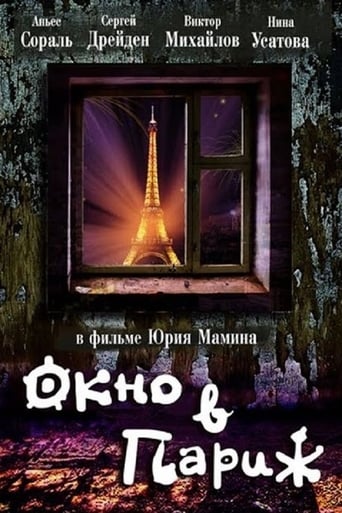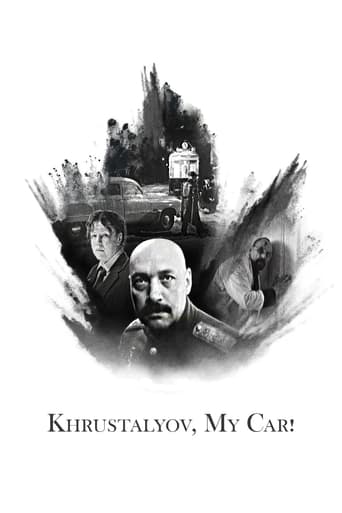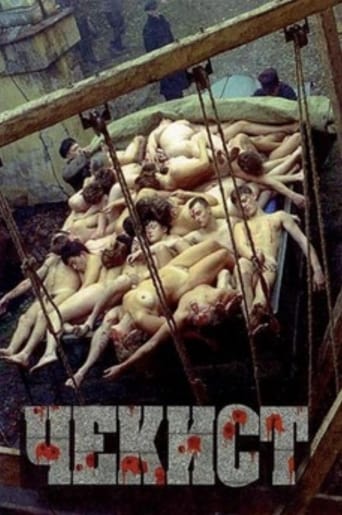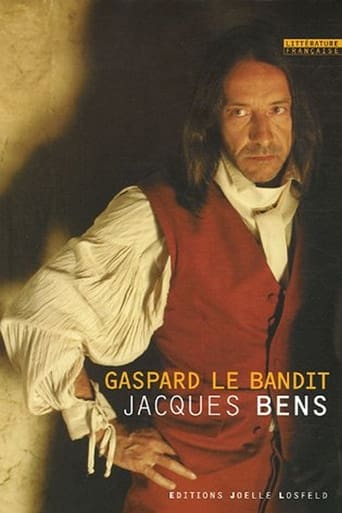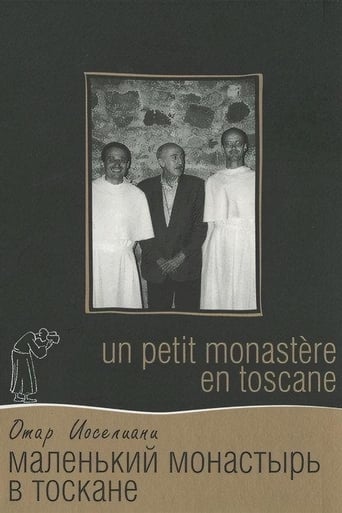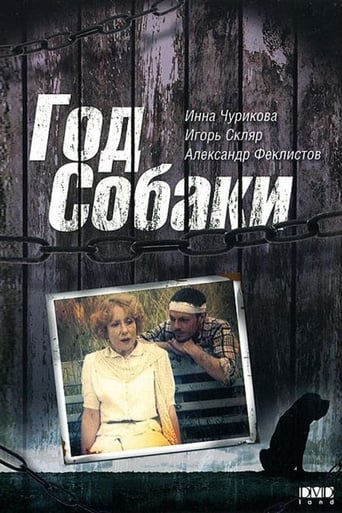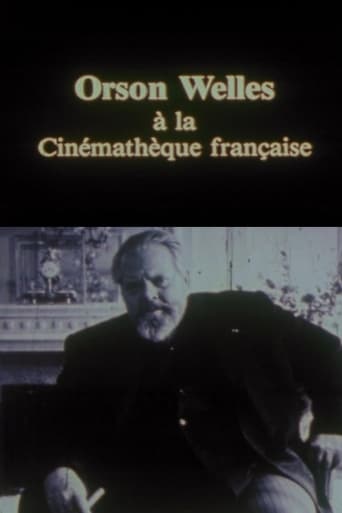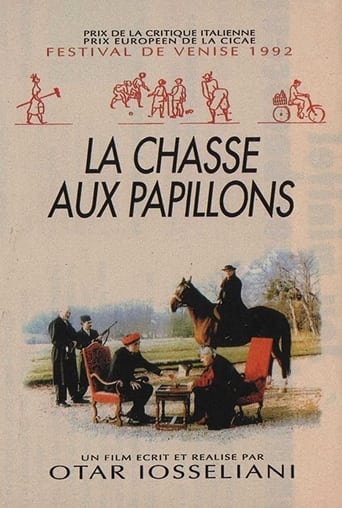Window to Paris 1993
Nikolai (played by Sergei Dontsov) has been fired from his job as a music teacher and has to live in the gym until he finds a place to stay. Finally, he gets a communal room in the apartment of Gorokhov (Victor Mikhalkov). The room's previous inhabitant, an old lady, has died a year ago, and yet her cat, Maxi, is still in the locked room, healthy and fat. Soon, Nikolai and his neighbours discover the mystery: there is a window to Paris in the room. That's when the comedy begins - will the Russians be able to cope with the temptation to profit from the discovery?
